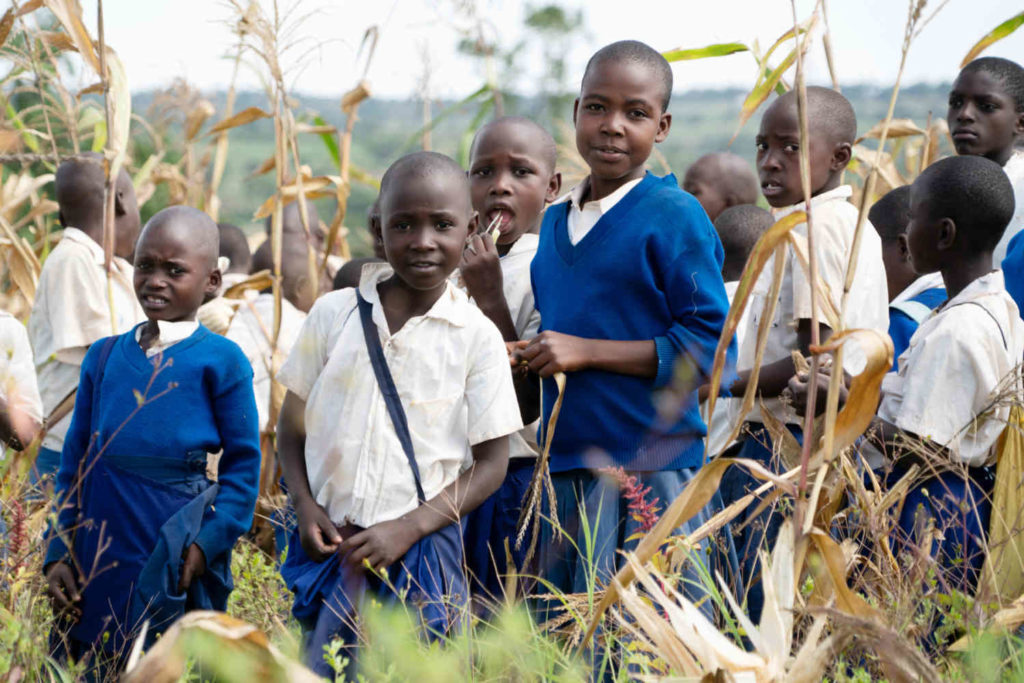Conservation Agriculture at the Model Schools
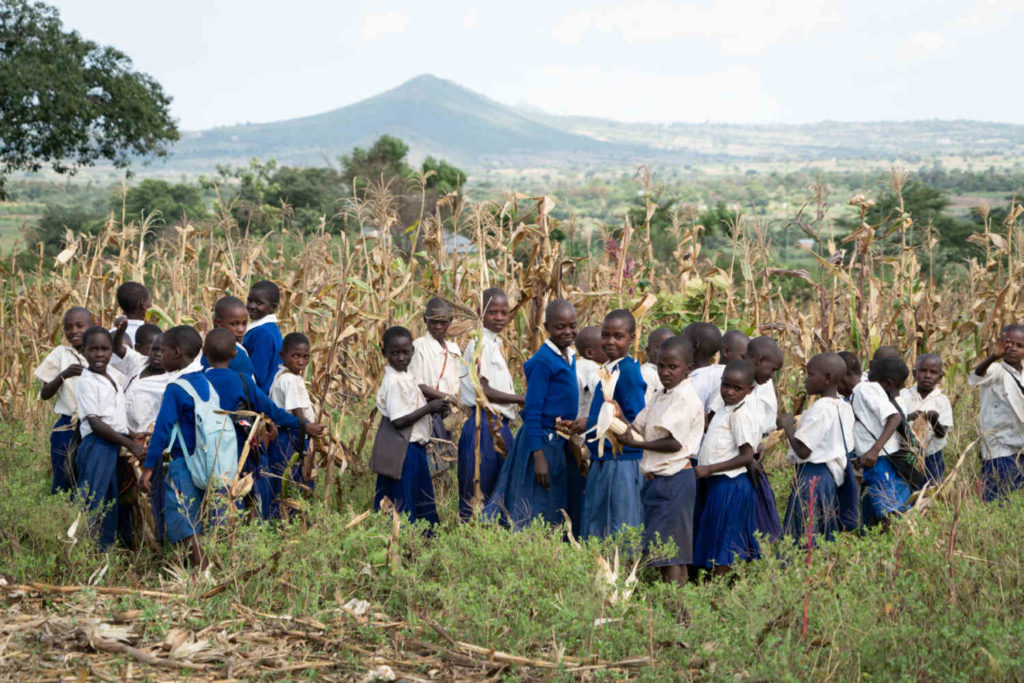 Note: Ron Aminzade is a Project Zawadi Board Member and emeritus Professor of Sociology at the University of Minnesota. He has been doing research in Tanzania since 1995, most recently on Tanzanian agricultural policy debates. Through his work with the Model Schools committee, Ron has been instrumental in exploring conservation agriculture practices and developing partnerships to bring a pilot project to the Model Schools.
Note: Ron Aminzade is a Project Zawadi Board Member and emeritus Professor of Sociology at the University of Minnesota. He has been doing research in Tanzania since 1995, most recently on Tanzanian agricultural policy debates. Through his work with the Model Schools committee, Ron has been instrumental in exploring conservation agriculture practices and developing partnerships to bring a pilot project to the Model Schools.
Project Zawadi has been working with teachers, school administrators, and students to create conservation agriculture (CA) model farms at each of our model schools. The goal of these farms is to provide students with healthy and nutritious food, teach them about innovative and ecological farming practices, and create income generating activity for the schools.
School agriculture clubs will use the farms to learn about sustainable, soil enriching farming practices, exchange ideas, and prepare students for future careers in agriculture. Conservation agriculture has already been adopted by over 10,000 Tanzanian smallholder farmers in different parts of the country, with about 14,200 acres currently farmed using these methods. The basic principles are to leave the soil as undisturbed as possible by not plowing before planting, using cover crops as “green manure” rather than chemical fertilizers, and rotating crops.
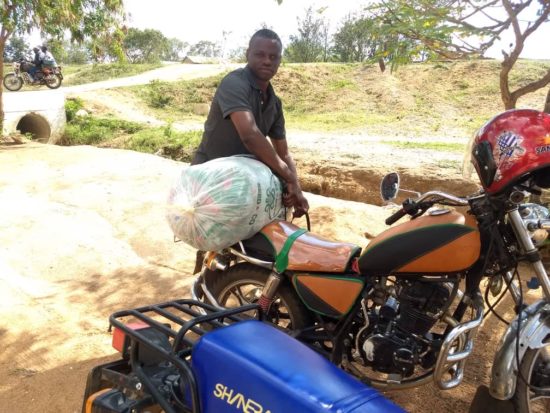
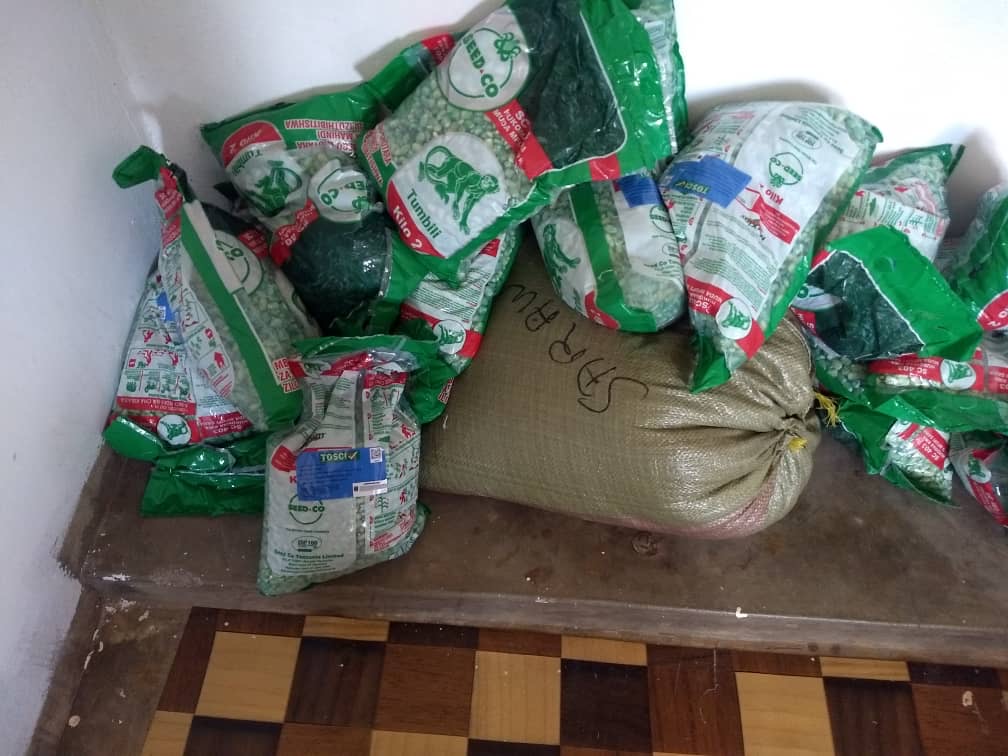
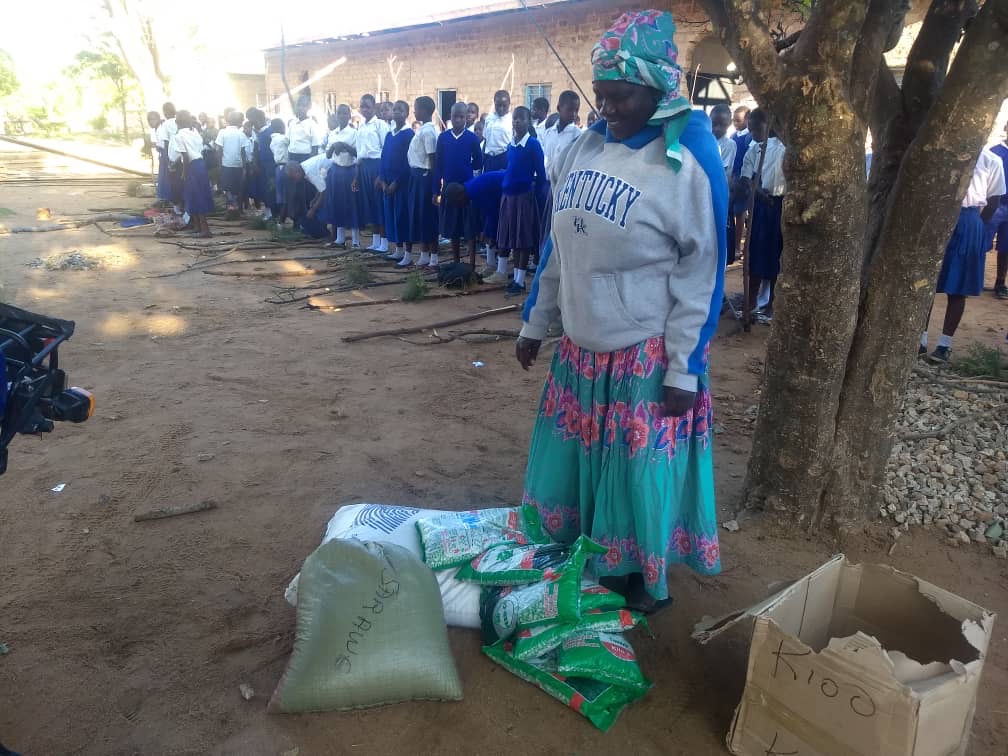
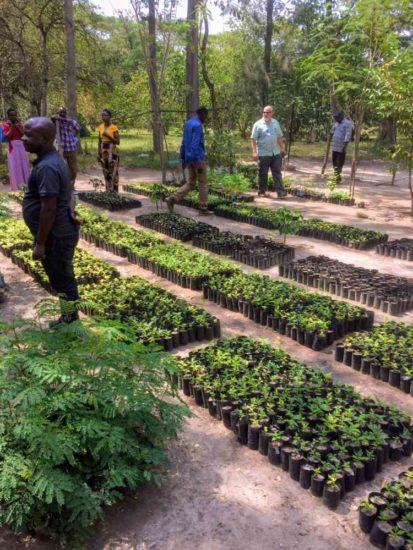 At our model farms, students will learn about soil management, diversified crop rotations, inter-cropping, composting, rain water collection, tree planting, natural methods for pest control, and new possible sources of income. Members of the model school agriculture clubs will be invited to contribute their labor, present collaborative projects from their clubs, and help organize visits of family members, friends, and neighbors who are using conservation agriculture methods at their farms. Students will learn how to reduce costly inorganic chemical inputs and cultivate products which will make people healthy, enrich rather than deplete the soils, and explore potential future local and regional markets for their products. Future farmers will also learn about the role they can play in addressing the urgent challenge of climate change by using conservation agriculture cover crops to sequester carbon, taking it out of the atmosphere and into the soil. The model farms will contribute to the education, health, and well-being of our students, who can play an important role in revitalizing the local farm economy. In the long run, we hope that these students will become successful future farmers engaged in educating consumers, fellow farmers, policymakers, and the media about the role of conservation agriculture in reducing hunger and poverty and in developing an ecologically based and sustainable food production system.
At our model farms, students will learn about soil management, diversified crop rotations, inter-cropping, composting, rain water collection, tree planting, natural methods for pest control, and new possible sources of income. Members of the model school agriculture clubs will be invited to contribute their labor, present collaborative projects from their clubs, and help organize visits of family members, friends, and neighbors who are using conservation agriculture methods at their farms. Students will learn how to reduce costly inorganic chemical inputs and cultivate products which will make people healthy, enrich rather than deplete the soils, and explore potential future local and regional markets for their products. Future farmers will also learn about the role they can play in addressing the urgent challenge of climate change by using conservation agriculture cover crops to sequester carbon, taking it out of the atmosphere and into the soil. The model farms will contribute to the education, health, and well-being of our students, who can play an important role in revitalizing the local farm economy. In the long run, we hope that these students will become successful future farmers engaged in educating consumers, fellow farmers, policymakers, and the media about the role of conservation agriculture in reducing hunger and poverty and in developing an ecologically based and sustainable food production system.
The model schools’ farms were started with support from a local partner, the African Inland Church of Tanzania (AICT), which has been successfully working on a conservation agriculture program involving farmers in the Mara region of northern Tanzania. Our Model Schools Associate Director, Maneno Wright, led a group of six teachers, two students, three PZ staff, and twelve local farmers from the villages where our schools are located to a two-day training course at AICT headquarters in Musoma in August 2019. They learned about the basic principles of conservation agriculture and how to prepare the fields and plant seeds using CA methods. The team is planning to return to Musoma after three months to evaluate their experiences in applying the new methods to prepare the fields and plant the crops and to discuss plans for the harvesting, storage, and distribution of crops.
